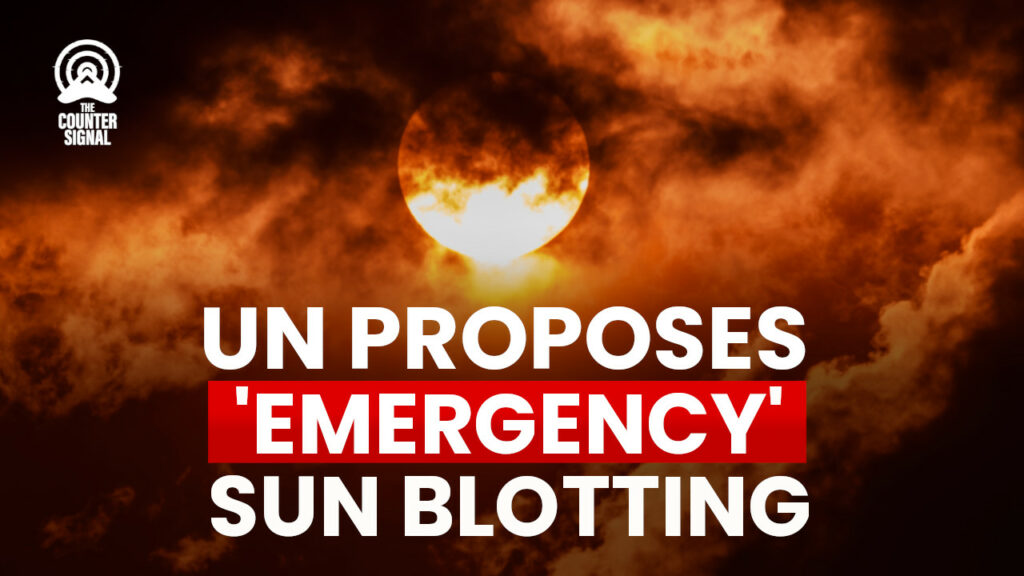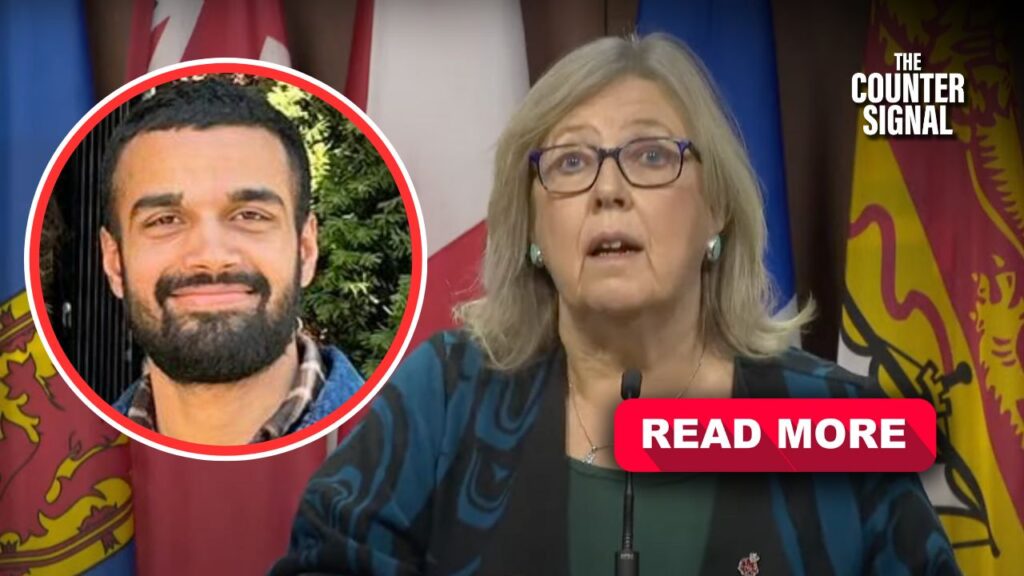The United Nations (UN) has released a report studying how to reflect sunlight away from the earth as an emergency strategy to cool down the planet.

Current efforts to reduce global warming are “insufficient,” the executive director of the UN Environment Programme claims.
To achieve the 1.5° Celsius Paris Agreement reduction target by the end of this century, the UN reports an “emergency option” is necessary.
The world is on track to overshoot 1.5 degrees of warming, so it's time to study reflecting sun away from the earth,says UN
— Freedom (@MassAdi15176401) February 28, 2023
On Monday the U.N.released a report on solar radiation modification, saying the "speculative group of technologies" needs formal study and governance rules pic.twitter.com/BLmZnG7oO0
One of their ideas is Solar Radiation Modification (SRM).
“SRM aims to cool the Earth rapidly by reflecting a small percentage of sunlight back into space,” the UN says.
According to the UN report, “The most studied method involves the introduction of sub-micron-size reflective particles into the stratosphere (stratospheric aerosol injection – SAI). Other methods have also been proposed, including approaches such as marine cloud brightening (MCB – brightening of low clouds over the ocean).”
The UN is also floating the idea of “space mirrors.”
The report states SRM is “the only option that could cool the planet within years.”
However, the UN notes that introducing SRM could potentially lead to international conflicts, legal issues, and risks to human health, among other factors.
Furthermore, the strategy would need to be employed for several decades or even centuries, and could cost upward of $20 billion USD per year for each 1°C of cooling.
Piggybacking off of the UN’s report, a group of 70 scientists issued an open letter on Monday calling for more research into SRM technologies “as rapidly as possible.”
“Research must be undertaken independently, so that research findings and assessments are protected from political influence, business interests, and public pressure.”
Last year, the World Economic Forum (WEF) suggested using a “raft” of “space bubbles” about “the size of Brazil” to reflect the Sun’s rays away from Earth.
And in 2019, everyone’s favourite pandemic expert Bill Gates backed a project that ran 300 stratospheric balloon tests to see if it was possible to launch devices capable of spraying sun-reflecting particles into the stratosphere, which alarmed many opposed to geoengineering, to say the least.











